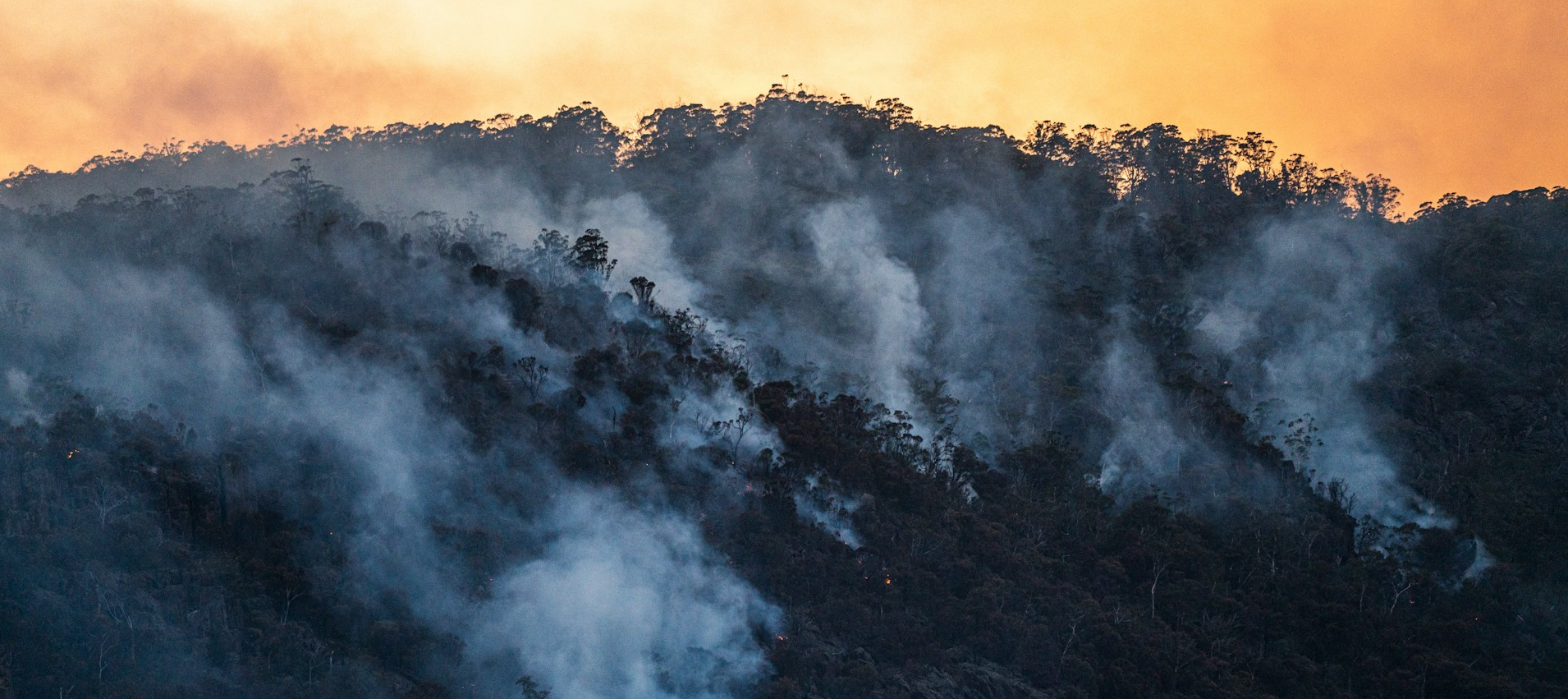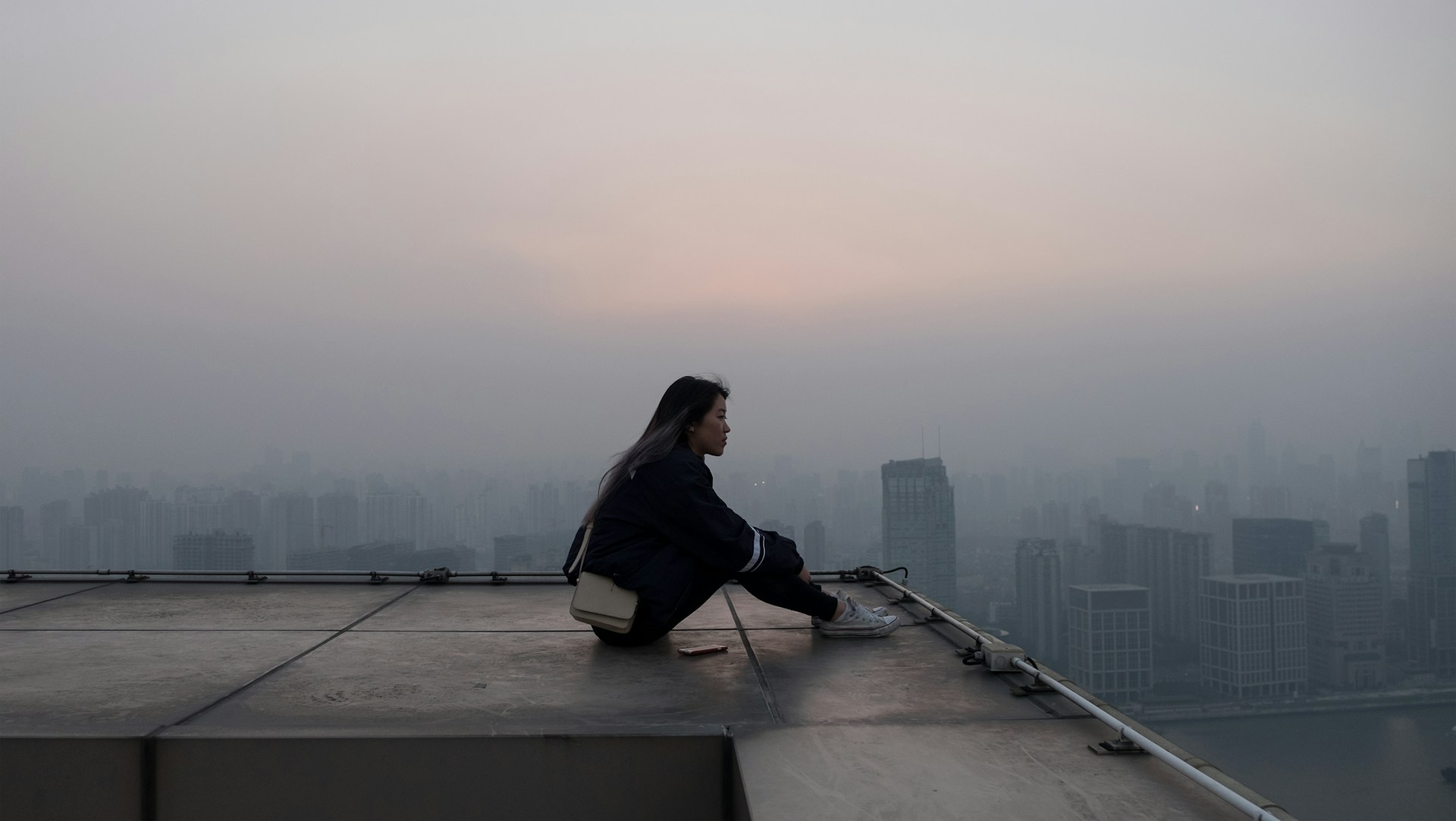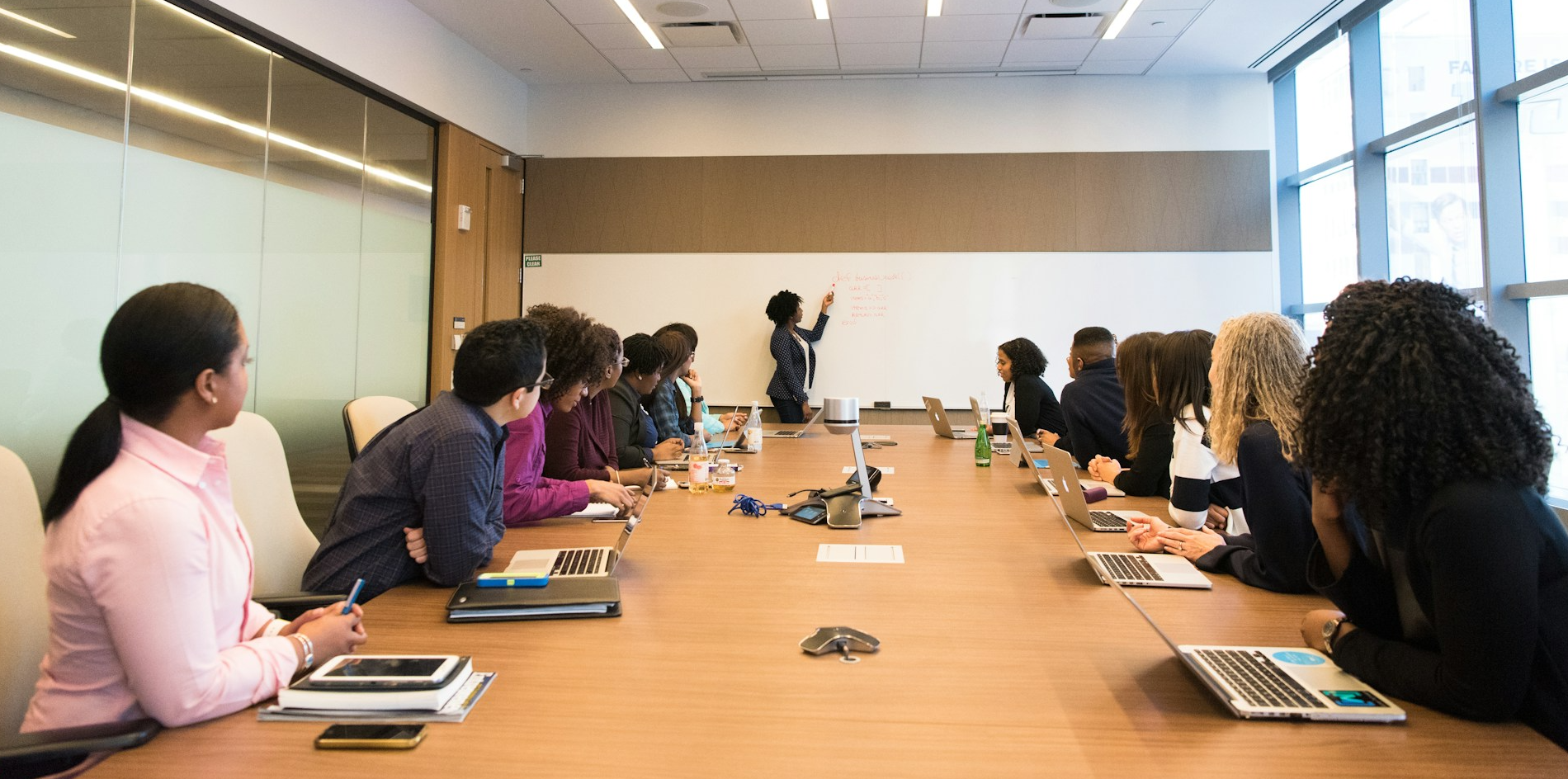Global Challenges We Face
Post the two world wars and the unification of the global order system, the world experienced a period of remarkable economic growth, rising incomes and improved access to healthcare. However, the global financial crisis, recurring market collapses, and escalating geopolitical tensions have ushered in an era of heightened challenges.
These challenges are multifaceted, emerging from a confluence of factors, including a deteriorating economic outlook, accelerating climate change, geopolitical fallouts, and disintegrating social fabric.
The world now lies at a crossroads, whereby the actions we take now will dictate our future outcomes. It all depends on us to right the wrongs we have been committing since several decades. Resolving these complex issues demand a collaborative approach.
“Our world is in big trouble. Divides are growing deeper; inequalities are growing wider; challenges are spreading farther… we need hope… we need action across the board,” said UN Secretary-General António Guterres. He further added that, “we are gridlocked in colossal global dysfunction. The international community is not ready or willing to tackle the big dramatic challenges of our age. These crises threaten the very future of humanity and the fate of our planet.”
Understanding the Problems
Climate change is one of the most prominent issues of our times. The earth’s temperature continues to rise, influenced by increasing human activities, primarily driven by the burning of fossil fuels like coal, oil, and gas.
If left unchecked, impacts from climate change can threaten food production and increase risks of climate extremes, the likes of which are global in scope and unprecedented in scale and more frequent in nature. Since the formation of the Paris Agreement in 2015, there has been progress, but at a slower pace. The cut down of greenhouse gas emissions still fall below than what is needed to maintain the desired global temperatures of 1.5°C by 2030.
However, innovations around alternative energy systems are also growing. Emerging technologies, coupled with scientific innovations and green financing is making possible the plans to arrest the increase of global temperatures.
Global leaders should also pitch in. Coal, a cheap source of energy for most of the developing nations continue to reign supreme. Although China approved less capacity of new coal-powered plants in 2024 than its preceding years, construction on 94.5 GW of new coal capacity – the highest since 2015 – suggests continued dependence on coal.
At a time when collaborative efforts are required to address global challenges, recent reciprocal tariffs announced on April 2, 2025 by US President Donald Trump jeopardizes the context around multilateralism. Everyone loses from this new tariff war that has been unleashed. “The best estimate of the loss from tariff policy is now closer to US$30 trillion,” said Larry Summers, a former US treasury secretary. The European Union, a long-time ally of the US, was left shocked by this new development, but are prepared to respond. And the US and China have now locked horns on reciprocal tariffs – with China now facing 104% tariffs.
Crumbling human rights issues have also intensified. Afghanistan, now under the control of Taliban has witnessed the death of human rights. It is the only country, where women and girls are not allowed access to education and employment. There has also been at least 800 cases of extrajudicial killings, arbitrary arrests, and detentions of former government and security personnel under the Taliban’s watch. The condition of people is so severe in the country that nearly two-thirds of its population need humanitarian aid, with millions needing it for basic survival.
Wars and military conflicts are also forcing many to flee their home countries for better chances of survival. Rohingya refugees, a minority of Muslims in Myanmar’s Rakhine state had to flee, following violent armed attacks in August 2017. Since then, nearly 1 million stateless Rohingya refugees are living in Bangladesh. Armed conflicts in Myanmar continue to this day after the military coup of 2021. The total number of internally displaced people within the country stood at more than 2.6 million by the end of 2023.
We Shall Overcome
The change needs to start from us and the actions need to be taken now. Pledges and actions promised under the climate agreements need to be implemented, adhered and measured, ensuring the benefits of it are accessible to all.
Major energy companies need to start thinking over and above capital gains and invest in new alternative energies. There are several clean energy startups that lack the investment push needed to make their innovations a reality. Large businesses need to identify such innovations and help grow it.
Under growing calls for reshoring and protectionism, the global order is struggling. We need global leaders that are more pragmatic and possess a truly global mindset, capable of navigating diverse cultural landscapes and fostering international cooperation. They should also possess strong empathy to understand others and develop long-term solutions that impacts all positively in the society.
The complex global challenges we face necessitates partnerships between the private, public and the community to forge a more sustainable and equitable future for all. On a similar call to action, Horasis is organizing its 10th Horasis Global Meeting, scheduled to take place in São Paulo, Brazil, between 7 to 10 October 2025. The meeting will bring together the experience of entrepreneurs, government ministers, thought leaders and civil society visionaries to overcome global challenges by working together.
Photo Caption: The climate crisis is a growing existential threat.




